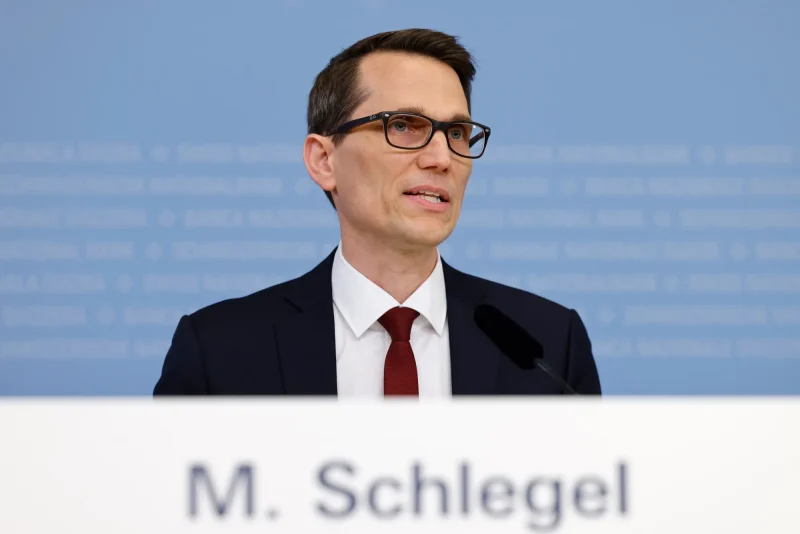SNB President Dismisses Bitcoin as a Viable Reserve
Swiss National Bank (SNB) President Martin Schlegel has ruled out the possibility of adding Bitcoin to the central bank’s reserves. He emphasized that Bitcoin’s extreme price volatility and lack of liquidity make it an unsuitable asset for the SNB.
Schlegel’s position aligns with his previously expressed skepticism toward cryptocurrencies. In November 2024, he cautioned against digital assets like Bitcoin and Ether, citing their instability and impracticality for payments. Additionally, he raised concerns over the high energy consumption associated with crypto mining, potential links to illicit activities, and regulatory uncertainties.
Push for Bitcoin in Swiss Reserves Gains Momentum
Despite the SNB’s reluctance, some advocates in Switzerland are pushing to integrate Bitcoin into the country’s financial system. In December 2024, a proposal was introduced to require the SNB to allocate a portion of its reserves to Bitcoin alongside gold. This initiative, backed by cryptocurrency proponents, calls for legal amendments to include Bitcoin in the national reserves. To move forward to a public referendum, the proposal must secure 100,000 signatures within 18 months.
The SNB’s stance reflects a broader trend among central banks, which remain hesitant to adopt cryptocurrencies as reserve assets. Concerns over price volatility, liquidity constraints, and regulatory oversight continue to hinder digital assets’ acceptance in traditional financial systems. While the debate over Bitcoin’s role in national reserves continues, the SNB’s position highlights the significant challenges cryptocurrencies face in gaining mainstream institutional adoption.
